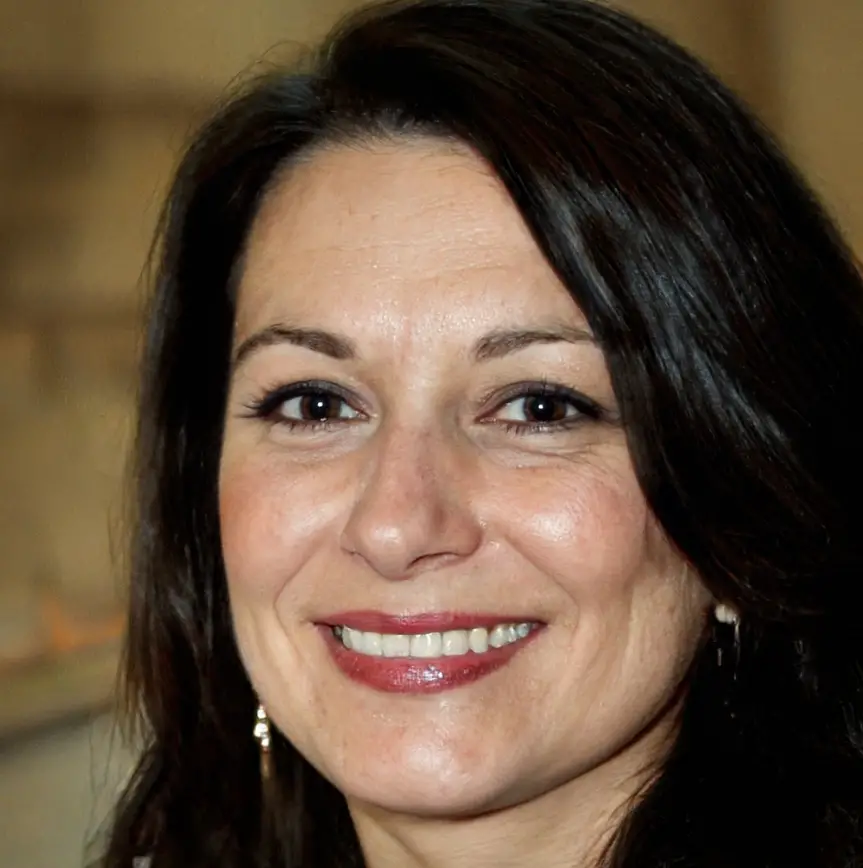Robert Nesta Marley, known universally as Bob Marley, came into the world on February 6, 1945, in Nine Mile, Saint Ann, Jamaica. He is broadly regarded as one of the most seminal and impactful musicians in the annals of history.
Bob Marley’s parents were Norval Sinclair Marley, a white Jamaican of English descent, and Cedella Booker, an Afro-Jamaican. Bob’s father, Norval, was a marine officer and plantation overseer who abandoned the family when Bob was just 10 years old.
Bob’s maternal grandfather was Captain Edward Lloyd Booker, a black Jamaican soldier and plantation overseer who served in the First World War. Edward was of African and partial Scottish descent.
Bob had eleven siblings, including his half-brothers Richard and Anthony, and his half-sister Pearl. Bob’s father, Norval, had seven other children from his other relationships.
Bob Marley’s children included Ziggy Marley, Cedella Marley, Damian Marley, Rohan Marley, Karen Marley, Stephen Marley, Julian Marley, and Ky-Mani Marley. He also had several grandchildren.
Bob’s wife was Rita Anderson, a Jamaican singer who was part of Bob’s backing group, the I-Threes.
Bob Marley’s legacy continues to live on through his music, his children and grandchildren, and the many charities and organizations that have been founded in his name.
Bob Marley was a devoted Rastafarian, believing in the spiritual power of the African diaspora. He was a strong advocate for Pan-Africanism, which calls for the unification of African people to liberate themselves from colonial oppression. He often spoke out against the injustices of the world and the need for people to live in peace and harmony. His music was deeply rooted in his faith and often spoke of social issues such as poverty, racism, and oppression. He also had a strong commitment to promoting education and helping the poor. Bob’s legacy will continue to inspire people around the world for generations to come.
Related: Julio Claudian Family Tree
Bob Marley was a legendary musician and an icon of the reggae genre. His music was a perfect blend of spiritual and political messages, bringing together elements of Jamaican culture, African spiritualism and the Rastafarian faith. His songs often dealt with topics such as freedom, oppression, and the need for social justice. He was a leader in the fight against racial and economic inequality and spoke out against the oppressive regimes of South Africa and Apartheid. He was also an outspoken advocate for marijuana decriminalization, which was reflected in his lyrics. His influence continues to be felt around the world, with many of his songs becoming timeless classics. Bob Marley’s message of peace, freedom, and unity will continue to inspire generations to come.
FAQ:
Q: Who is Bob Marley?
A: Bob Marley was a Jamaican singer, songwriter, and musician who is considered one of the pioneers of reggae music.
Q: What is the Bob Marley family tree?
A: The Bob Marley family tree refers to the lineage and relatives of Bob Marley, including his children, grandchildren, and other family members.
Q: Who are some of the notable members of Bob Marley’s family?
A: Some notable members of Bob Marley’s family include his children Cedella, Stephen, Damian, Ziggy, Ky-Mani, Julian, and Rohan Marley.
Q: Who is Cedella Marley?
A: Cedella Marley is one of Bob Marley’s daughters. She is a singer, author, and fashion designer.
Q: Who is Stephen Marley?
A: Stephen Marley is one of Bob Marley’s sons. He is a musician and producer who has won multiple Grammy Awards.
Q: Who is Damian Marley?
A: Damian Marley, also known as Junior Gong, is one of Bob Marley’s sons. He is a reggae artist who has won multiple Grammy Awards.
Q: Who is Ziggy Marley?
A: Ziggy Marley is one of Bob Marley’s sons. He is a musician and has won multiple Grammy Awards.
Q: Who is Ky-Mani Marley?
A: Ky-Mani Marley is one of Bob Marley’s sons. He is a reggae artist and actor.
What is the significance of tracing family trees and genealogy?
Tracing your Salamanca family tree meaning can provide insight into your ancestors’ lives, customs, and values. Understanding your genealogy can offer a sense of belonging and connection to your cultural heritage. It also allows you to preserve and pass down your family’s history for future generations to appreciate and learn from.
Q: Who is Julian Marley?
A: Julian Marley is one of Bob Marley’s sons. He is a reggae artist and has released several albums.
Q: Who is Rohan Marley?
A: Rohan Marley is one of Bob Marley’s sons. He is a businessman and former college and professional football player.

Elizabeth Miller is a seasoned family tree researcher with over 16 years of expertise in tracing the genealogies of historical, celebrity, and well-known individuals. Holding relevant qualifications, they actively contribute to genealogy communities and have authored articles for prominent publications, establishing their authority in the field. Elizabeth Miller is dedicated to unraveling the intricate family histories of notable figures, helping clients discover their historical roots. Satisfied clients attest to their trustworthiness and the enriching experience of working with them. As a dedicated storyteller who brings history to life through genealogy, Elizabeth Miller is a reliable and authoritative source for those seeking to explore the family trees of historical, celebrity, and well-known personalities.

